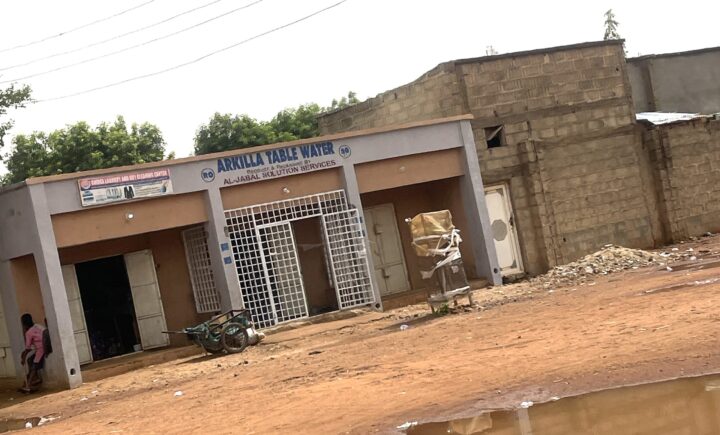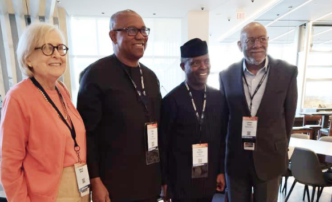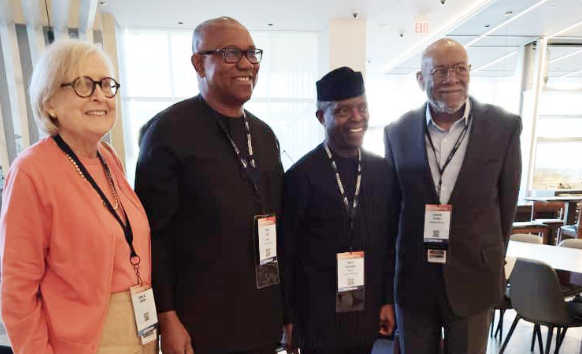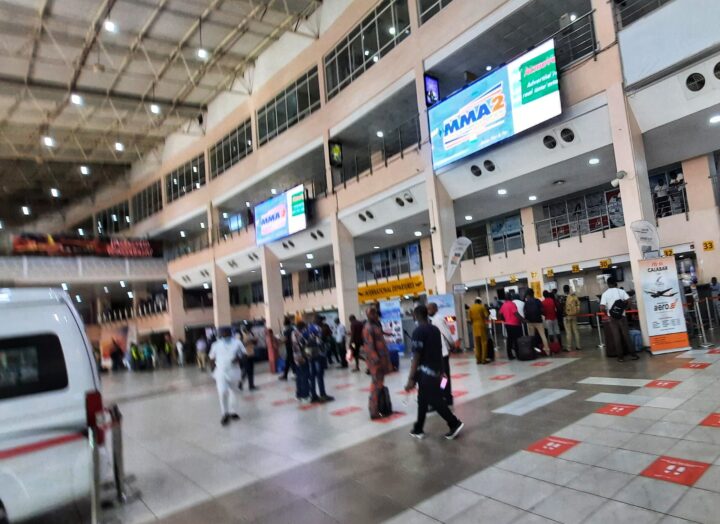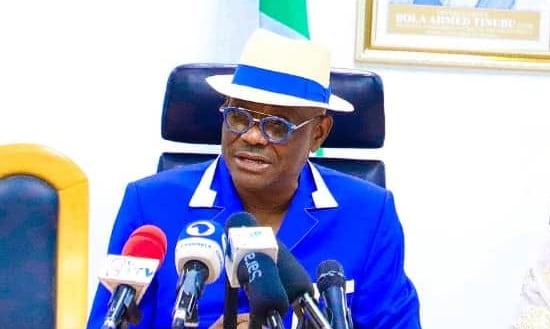Arkilla water factory was one of the companies investigated by the journalist
The Coalition for Whistleblowers Protection and Press Freedom (CWPPF) has asked the Department of State Services (DSS) to stop harassing Abdulrasheed Hammad over a story on factories producing contaminated water.
In the report published on TheCable on August 11, Hammad revealed how 22 factories in Sokoto produce sachet and table water without registering with the National Agency for Food and Drugs Administration and Control (NAFDAC).
On August 15, Hammad was invited to the DSS office in Sokoto.
However, the journalist informed the DSS official that he was not in Sokoto and would not be able to honour the invitation.
Advertisement
Consequently, the journalist was reportedly threatened with an arrest if he failed to show up.
The management of TheCable had asked the DSS to write a letter of invitation to the company as a precursor to the journalist showing up. However the DSS insisted it would not deal with the company.
Further options provided by TheCable, including an interview with the reporter at the Abuja office of the secret police, were rejected.
Advertisement
In June, the journalist and his fixer were reportedly arrested, harassed and detained by the police at the behest of one of the water factories he was investigating.
In a statement issued on Tuesday, the coalition said “powerful individuals resort to using security agents, especially DSS officials to intimidate journalists via phone calls — where they are summoned and threatened without official communications established with their newsrooms”.
“This approach is not only alarming but also unacceptable,” the statement reads.
“While we acknowledge the role of security agencies in maintaining law and order, we reiterate that Investigative Journalism is not a crime under any known law in Nigeria and as such should not be criminalised.”
Advertisement
CWPPF asked the leadership of DSS and police to “do more with educating their personnel on best practices of engaging journalists and direct them to stop harassing and intimidating journalists who are simply discharging their constitutional duties in the interest of the public”.
The coalition said security agents should follow the appropriate summoning procedure of sending an official invite to journalists and their newsrooms.
“This will enable them to prepare adequately before appearing. Such appearances should also not be turned into interrogation sessions because accountability journalism is not a crime,” the coalition said.
Advertisement
Add a comment
